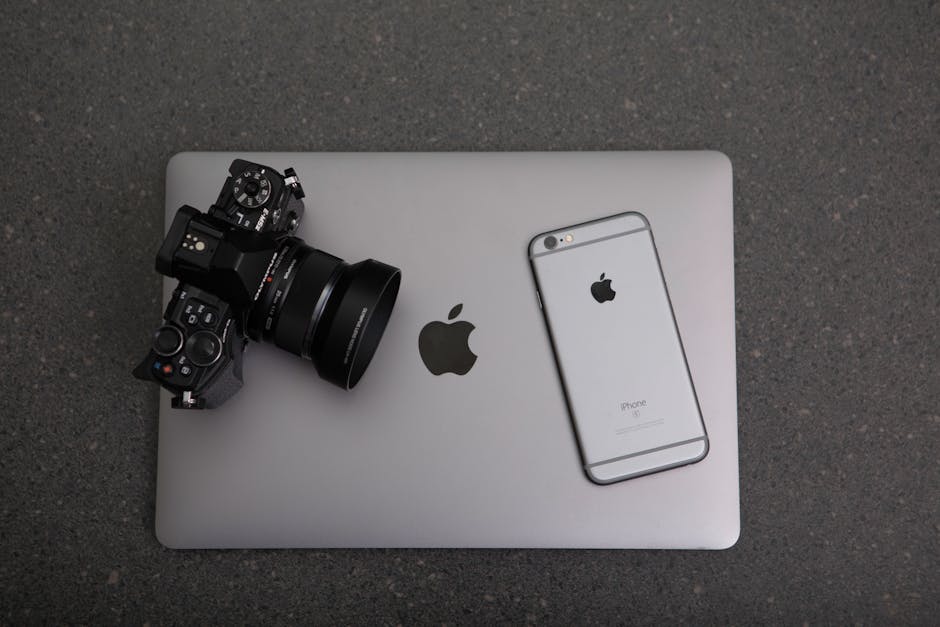Photography can seem intimidating with all the technical jargon and expensive equipment, but capturing beautiful images is more accessible than you think. This guide will provide you with some simple yet effective tips to improve your photography, regardless of your skill level or the camera you use. Let's dive in and unlock your photographic potential.
One of the most fundamental aspects of photography is understanding light. Observe how light interacts with your subject, paying attention to the direction, intensity, and color. Soft, diffused light is often preferred for portraits, while harsh, direct sunlight can create dramatic shadows and highlights. Experiment with different lighting conditions to find what works best for your scene.
Composition is key to creating visually appealing photographs. The rule of thirds is a helpful guideline: imagine dividing your frame into a 3×3 grid and placing your subject at one of the intersections. This creates a more balanced and dynamic image than simply centering your subject. Also, consider leading lines, patterns, and framing elements to add depth and interest to your photos.
Choosing the right camera settings can significantly impact the final image. Aperture, shutter speed, and ISO work together to control the exposure and depth of field. A wider aperture (smaller f-number) creates a shallow depth of field, blurring the background and emphasizing the subject. A faster shutter speed freezes motion, while a slower shutter speed can create motion blur. ISO controls the camera's sensitivity to light, useful in low-light situations.
Don't be afraid to experiment with different perspectives. Instead of always shooting from eye level, try crouching down, getting up high, or tilting your camera to create unique and engaging compositions. Changing your perspective can dramatically alter the mood and feel of your photographs.
Post-processing can enhance your images and bring your vision to life. Software like Adobe Lightroom or free alternatives like GIMP offer a wide range of editing tools. Adjusting brightness, contrast, saturation, and sharpness can subtly improve your photos. However, avoid over-editing, as it can make your images look unnatural.
Practice is essential to improving your photography skills. Take your camera with you everywhere and experiment with different subjects, lighting conditions, and settings. The more you practice, the more comfortable you'll become with your camera and the better you'll understand how to capture the images you envision.
Photography is a journey of continuous learning and discovery. Embrace the process, experiment, and don't be afraid to make mistakes. By following these tips and practicing regularly, you'll be well on your way to capturing stunning photographs that tell your unique story.

